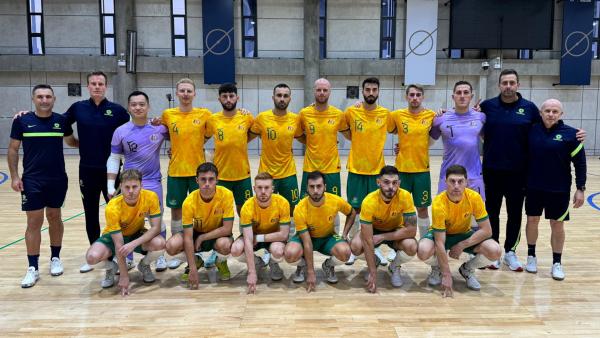Getting a good night’s sleep can be challenging at the best of times. In the wake of the Coronavirus outbreak we find ourselves in an unprecedented situation, so it is understandable that many people will be feeling more worried or anxious than usual. Increased distress can significantly impact sleep, so if you or your children are experiencing sleepless nights, you are probably not alone.
The points below have been designed for parents to help support their children (12-18) to sleep well, but the guidance will be helpful for adults, too.
For more Black Dog Institute (BDI) resources to reduce the incidence of mental illness and empower everyone to live the most mentally healthy lives possible, visit the BDI Hub.

Why is sleep important?
Sleep serves several important functions which are necessary for human survival.
The first function relates to the physical need for our bodies to rest. The body requires periods of sleep to grow muscle, repair tissue and synthesise hormones.
The second function is about cognition and helping to consolidate memories. During the day, we are faced with lots of information that can’t all be retained. At night while we sleep, our brains work to process and store information from the day, moving some parts of “data” from our short-term memory stores into stronger, more stable, long term memories. This process is called memory consolidation.
How much sleep do my kids and I need?
International guidelines suggest that young people aged 12-14 years should get between 9-11 hours, while those aged 14-17 need 8-10 hours. Young people aged 18 and over (including adults) generally need 7-9 hours.
It’s important to keep in mind that this varies for each individual and some people do much better with less sleep than others.
So, what can I do to help my child and I sleep well?
- Make sure that you are having open and honest discussions with your child about Coronavirus to address their concerns. Keep them informed, but don’t overwhelm them with unnecessary details about the pandemic. It’s important to normalise their experience and let them know you are happy to chat to them about this.
- Limit screen time in the evenings and keep phones out of bedrooms. This reduces the risk of increasing stimulation before bedtime, particularly as it relates to information and potentially misinformation about Coronavirus circulating on the internet and social media.
- Limit screen time in the evenings and keep phones out of bedrooms. This reduces the risk of increasing stimulation before bedtime, particularly as it relates to information and potentially misinformation about Coronavirus circulating on the internet and social media.
- Use bedrooms and beds only for sleeping where possible. This will strengthen both the mental association of children and adults between the bedroom being a calming place for sleep.
Are there any interventions available?
If you or your child is experiencing a lot of difficulty sleeping to the point of it interfering with the ability to function during the day, cognitive behaviour therapy strategies for insomnia can be useful.
These can be delivered face-to-face by mental health professionals. Due to Coronavirus, sessions are now being offered by telehealth digital formats to limit social contact. You’ll need to get in touch with a GP first though to get a referral to a psychologist.
For young people, researchers at the Black Dog Institute have developed an app called Sleep Ninja to help improve sleep. It’s not yet available to the public because it’s going through it’s final testing phase. However, a study involving about 300 young people is underway and your child may be eligible to participate. The trial is all done remotely – no contact needed.
To participate, they’ll need to be aged 12-16, located in Australia and have a smartphone.
For adults, we recommend the online program called Sleepio which is supported by research.

Re-published with the permission of Black Dog Institute.
Learn more about the FFA and Black Dog Institute partnership.



